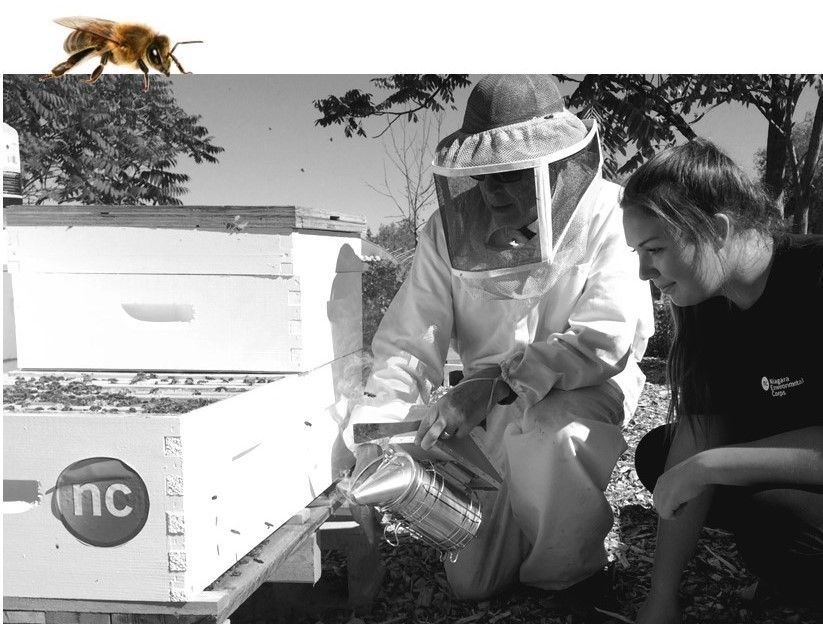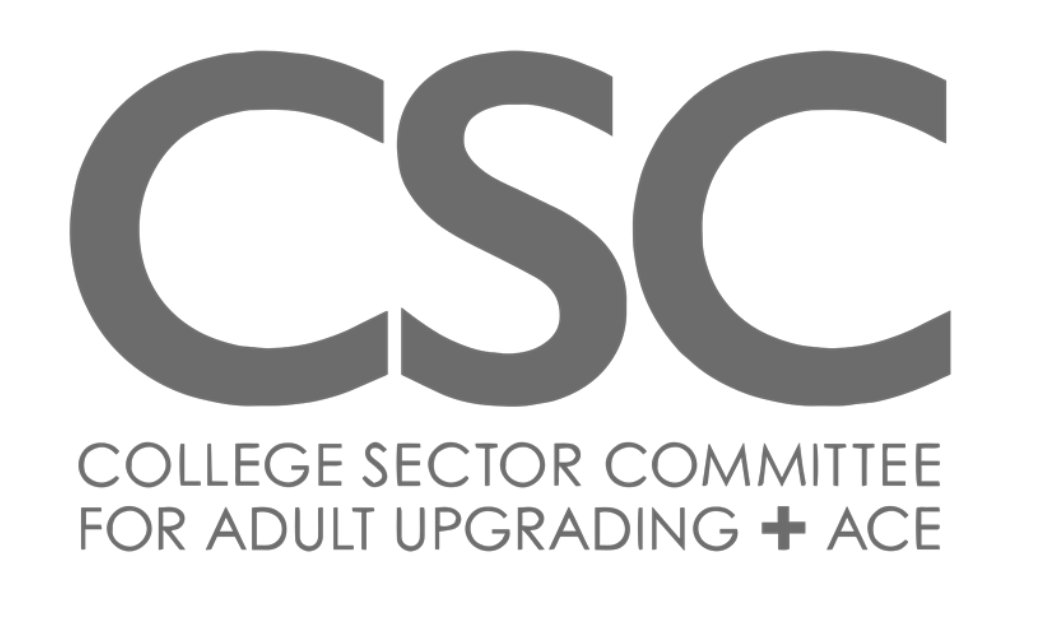BRAD HOWIE KEYNOTE | The Birds and the Bees and the ABCs of Indigenous Ways of Knowing
Indigenous peoples offer invaluable perspectives on learning, understanding the world and contributing to student success in our colleges. Our pedagogy emphasizes deep connections to land, inquiry-based learning, experiential learning, intergenerational knowledge transfer and relationships.
It's vital for college educators to broaden their perspectives and incorporate Indigenous pedagogies to create inclusive learning environments. By doing so, educators not only honor Indigenous cultures but also enrich the educational ecosystem for all students, fostering deeper understanding, cultural appreciation and connection with the land.
Supporting both Indigenous and non-Indigenous students through the Indigenous lens involves integrating Indigenous perspectives into your teaching practice. This approach promotes a more inclusive and equitable educational landscape, ultimately enhancing student success for all college learners of diverse academic, lived experience and cultural backgrounds. In this presentation, we will use all four states of our being as we learn about Indigenous epistemology, pedagogies and the grand interconnection of all life. We will also touch upon our relationships with other beings and learn how to bee more friendly!
Nimkii Brad Howie is a land teacher, ecologist, founder of Manoomin Learning and self-proclaimed friend to all Nature. He is of mixed Polish and Anishinaabe from Nipissing First Nation ancestry. With a diverse career in education and research, he authentically weaves his perspectives to deliver engaging, informative, and fun presentations.
“As an Anishinaabe I have come to learn my peoples way of interacting with the world and coming to understand nature, and how we teach about it. We don’t see the environment as different systems that interact only in certain ways, we see it as one system, the Earth system.
We see the grand interconnection of all beings, both biotic and abiotic. Not only does western science and ways of knowing deserve a spot in our education system, but so does Indigenous STEM and ways of knowing.”
CLICK HERE to visit Manoomin Learning
IT’S ALL ABOUT THE BEES

Niagara College’s Niagara-on-the-Lake campus offers a unique Commercial Beekeping program — the first of its kind in Eastern Canada. Launched in 2017, the commercial beekeeping graduate certificate course is designed to fill the growing demand for trained bee-keepers and provides pollination services to farmers.
The campus apiary is home to over 50,000 bees (who are particularly fond of the college’s greenhouses, award-winning teaching winery with its own vineyard and brewery with on-site hops cultivation). Take a video tour of the apiary
here.
SEE YOU AT THE CSC CONFERENCE 2024
